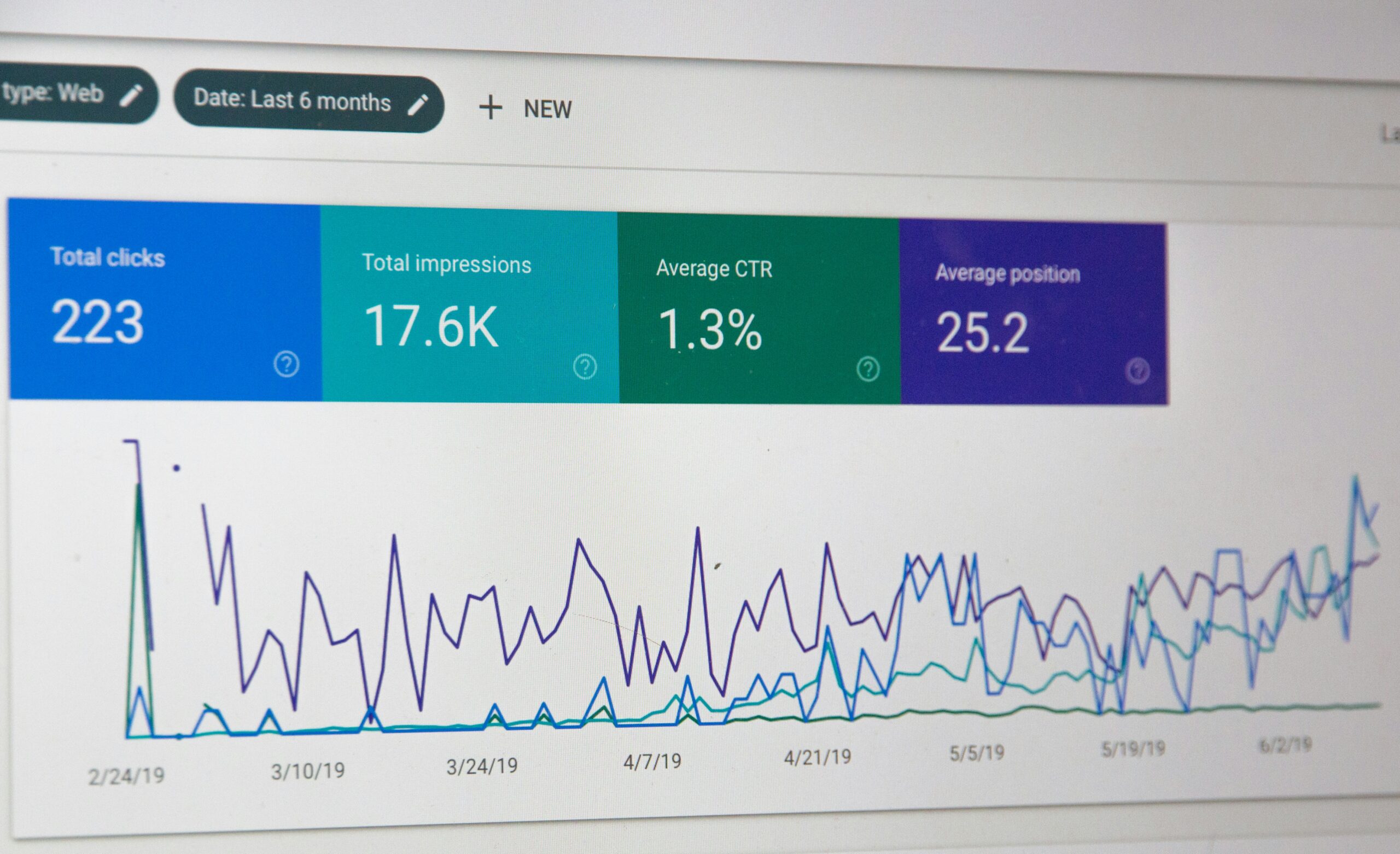A New Era of Search Is Here
The digital marketing world is evolving faster than ever. As artificial intelligence continues to shape how users search for information, traditional SEO methods are no longer enough. Enter LLM search optimization. LLM stands for large language models—the same technology behind advanced AI tools that understand natural language, deliver context-aware responses, and change the way search engines operate. LLM search optimization is the process of adapting your content, structure, and strategy to align with how these AI models interpret, prioritize, and serve information. This shift is redefining the future of digital marketing.
What Is LLM Search Optimization?
LLM search optimization refers to optimizing your digital content to rank well in AI-driven search environments powered by large language models. These models don’t just rely on keywords—they understand intent, semantics, and user context. LLMs process queries more conversationally, analyze the meaning behind the words, and serve results that best match the user’s needs. This means that your content must be written and structured in a way that’s not just keyword-rich, but also clear, helpful, and contextually relevant. It’s a deeper, more intelligent form of SEO that rewards high-quality, user-focused content.
Traditional SEO vs LLM Search Optimization
Traditional SEO relies heavily on keywords, metadata, backlinks, and technical performance to influence rankings. While those factors still matter, LLM search optimization introduces new priorities. Large language models focus on the meaning and usefulness of content rather than simply matching keywords. They assess how well your content answers a question, the clarity of your explanations, and how naturally it flows. As a result, content that is over-optimized or stuffed with keywords is often downgraded in favor of well-written, authoritative, and user-friendly information. To stay competitive, marketers must shift their focus to quality, clarity, and intent.
Why LLM Search Optimization Matters for Marketers
As search engines become more AI-driven, content strategies must adapt. LLM search optimization is important because it determines how visible your brand will be in the future of search. Search engines powered by LLMs prefer content that provides deep, valuable answers to complex questions. They reward transparency, expertise, and real-world relevance. If your site is not optimized for LLM behavior, your visibility will decline—even if your traditional SEO tactics are strong. Understanding and applying LLM search optimization now positions your brand for long-term success in an AI-first digital landscape.
Enhancing Content for Natural Language Processing
One of the biggest shifts in LLM search optimization is writing for natural language. LLMs interpret content the way a human would read and understand it. This means your content should use a conversational tone, answer common user questions, and avoid technical jargon when possible. Headers should be descriptive and helpful. Paragraphs should be short, clear, and logically ordered. You should anticipate follow-up questions and provide context throughout. By structuring your content for clarity and usefulness, you improve your chances of being selected by AI systems to surface in response to user queries.
Optimizing for Context and Search Intent
Another key principle of LLM search optimization is aligning with user intent. LLMs are designed to understand not just what users say, but what they mean. That means your content must be mapped to different types of intent—informational, transactional, navigational, or comparison. If someone searches for how something works, your content should teach. If they’re comparing services, your content should provide contrast and pros and cons. Optimizing for LLMs means moving beyond keywords and focusing on answering the deeper questions users are really asking. It’s about matching your content to the user journey at every step.
The Role of Structured Content and Schema
While LLMs are highly capable of interpreting unstructured text, structured content still plays a critical role in LLM search optimization. Schema markup helps AI understand your site’s layout, relationships between topics, and types of content. Well-structured pages with clear headings, tables, FAQs, and definitions make it easier for LLMs to extract useful information. Structured content also increases your chances of being featured in rich snippets, answer boxes, and other prominent search placements. Incorporating structure into your site ensures that your content is accessible, scannable, and AI-friendly.
Future-Proofing Your Digital Marketing Strategy
LLM search optimization is not a passing trend. As AI continues to advance, search engines will increasingly rely on these models to deliver better user experiences. This means the rules of engagement in SEO are changing—and fast. Businesses that begin adapting now will be better equipped to handle future updates, algorithm shifts, and emerging platforms. By embracing LLM search optimization, you position your brand as a leader in digital marketing innovation. You show customers and search engines alike that your content is designed to serve, inform, and provide value.
Gaining a Competitive Edge in a Noisy Market
In a crowded online space, standing out is harder than ever. LLM search optimization gives you a competitive advantage by helping your content perform better in AI-driven results. As more brands compete for visibility, those who understand how to create content that resonates with both humans and machines will win. This approach not only improves rankings but also enhances user satisfaction, increases time on site, and boosts conversion rates. It’s a smarter, more holistic way to build your online presence.
Final Thoughts
The future of digital marketing is being shaped by artificial intelligence, and search is at the center of that transformation. LLM search optimization is the key to staying relevant, discoverable, and effective in an AI-powered world. By focusing on intent, clarity, structure, and usefulness, you create content that meets the demands of both users and intelligent systems. Whether you’re a small business or a growing brand, now is the time to shift your strategy and invest in smarter optimization. LLM search optimization isn’t just the next step in SEO—it’s the foundation of the future.





